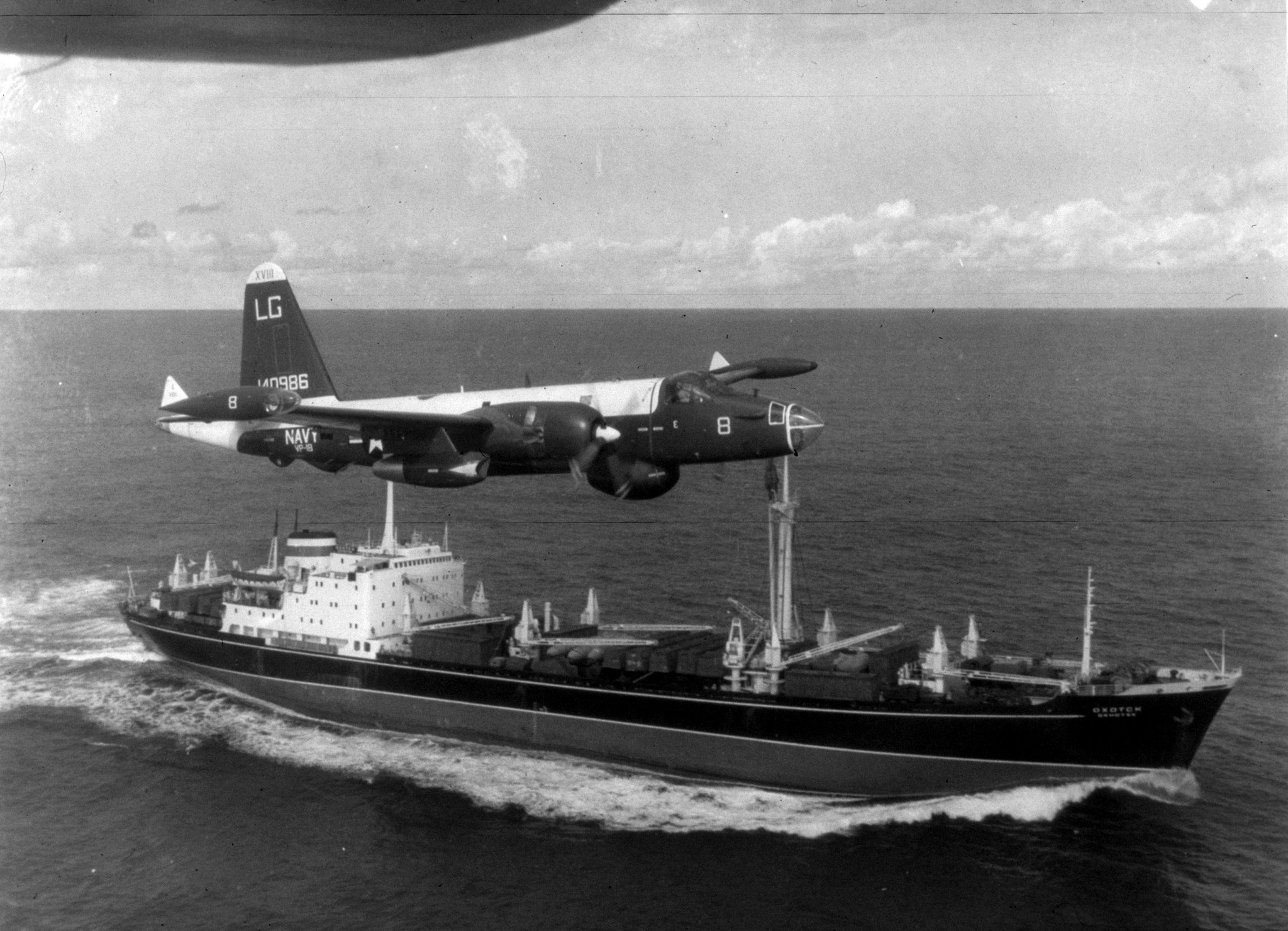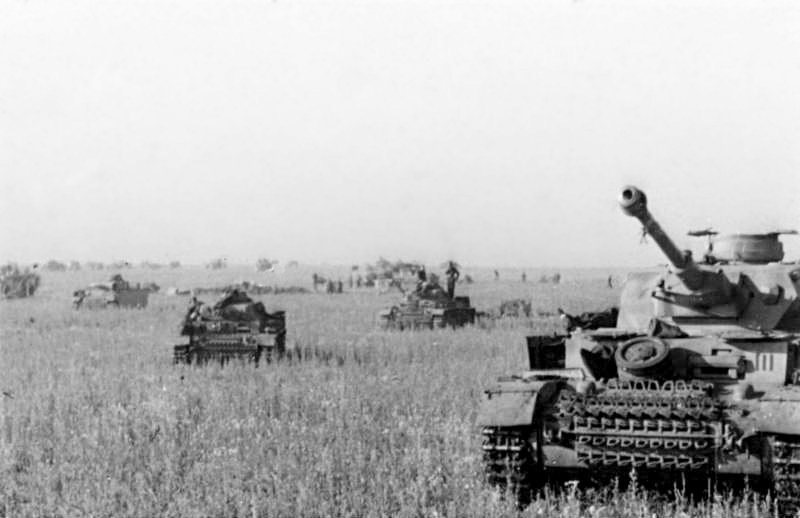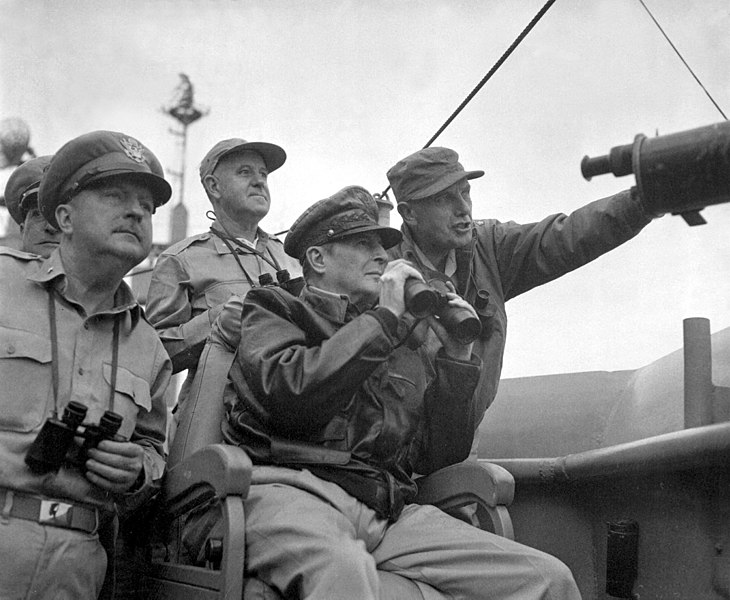This is actually one of the more
interesting ideas I got when I first asked for some ideas for Alternate History
scenarios to start this blog. For one thing, I’ve been stuck in a Cold War rut
for… years at this point, mostly thanks to playing the Fallout franchise a lot lately (FALLOUT
4 FTW!) and a lot of reading on the time period. I’ve become one of those
people who are actually excited when an Emergency Broadcast comes on…
| Concept art from Fallout 4. If "I Don't Want to Set The World On Fire" starts playing on your radio, get to your designated Vault immediately! |
The biggest point of the Cold War was the
ideological, economic, political, arms race and proxy conflicts between the
Union of Soviet Socialist Republics and the United States of America that
lasted between 1945 and 1991. The biggest part of the Cold War was the fear of
nuclear Armageddon, World War III.
So what if the USSR didn’t get the bomb?
This is a huge “what if,” because this would completely change the Cold War,
without the threat of Mutually Assured Destruction (or MAD) and events like the Cuban Missile Crisis immediately being erased from history, and the biggest arms race
in history would take an entirely different turn, if it even happens at all.
 |
| US Airplanes flying over a Soviet ship during the Cuban Missile Crisis, October 1962. Perhaps the closest the world did get to Nuclear War, though not the only time. |
So, let’s get on with it! Here is my
scenario for what will happen with the USSR never gets nuclear weapons.
Point
of Divergence:
The Point of Divergence (POD) in this
scenario would have to be from sometime before the USSR successfully detonated
it’s first nuclear weapon in 1949, even though the program was started at
pretty much the same time that the Manhattan Project was started in 1942. This
would most likely be a two-pronged POD: First, Joseph Stalin, undisputed leader
of the Union of the Soviet Socialist Republics and all around terrible person,
would have been uninterested in starting such a massive program in 1942, what
with the whole “Three million Germans standing on Moscow’s doorstep” thing
maybe taking a bigger priority. The second would either to have a lack of a
plan by the myriad of Soviet intelligence services to infiltrate the American,
British and Canadian Manhattan Project to get the most valuable secrets, or
that the biggest source of leaked information, Klaus Fuchs, was not in a
position to give such secret information to the USSR. This means that problems
the Manhattan Project scientists had to work out the hard way, ones that Soviet
scientists in our timeline were able to avoid thanks to espionage, would have
to be worked out by the Soviets.
 |
| Pretty sure seeing this outside your window would convince you that maybe tanks are a good investment right about now. Battle of Kursk, 1943. |
If these two conditions are met, then the
work on such a project could only have begun after the dropping of the nuclear
bombs on Hiroshima and Nagasaki, so in 1945. And considering that the Manhattan
Project used not only American, British and Canadian talent to develop a bomb,
but also refugees and immigrants from nations occupied by the Nazis, the USSR
would be left with only local talent, and at best maybe some scientists
captured on the wrong side of the Iron Curtain as the Red Army swarmed into
Berlin or those idealist scientists that decided to defect. So in this
scenario, with fewer resources, manpower, and starting more or less from square
one, the USSR would not be able to develop a weapon to be dropped in 1949, and
possibly after one or more failures an impatient Stalin could terminate the
project as not worth it before a bomb is ever developed. This would ensure that
the USSR doesn’t get an atomic bomb for a very long time, if ever.
Immediate
Results:
With the US as the world’s sole owner of
nuclear weapons, this gives a huge advantage to the US in the early years of
the Cold War. Events like the founding of the United Nations, Division of
Germany, Europe, Korea and other areas around the world into a Soviet and US
sphere of influence, the Berlin Airlift and every other event until 1949 would
take place as is in our world.
 |
| Not to mention all the nuclear tests, like shot "Baker" here, the first underwater detonation of an atomic bomb, 1946. |
The first and biggest change would possibly
be the “Red Scare” in the United States that took place in the 1950s. When the
revelation of how much of a role spies and agents played in giving the USSR
information on building an A-Bomb was revealed in our world, it sparked a
massive “Red Hunt” through the government and society, lead by Senator Joe
McCarthy and the House Un-American Activities Committee. While espionage would
still be a major component of the Cold War, you wouldn’t see kangaroo courts of
popular opinion subjecting hundreds of suspects to rigged questions, the threat
of blacklists and national humiliation no longer present. Without the Red
Scare, Senator McCarthy would remain just one of two senators from Wisconsin,
and hundreds of people from Hollywood to Academia who found themselves on
blacklists would never suffer for their supposed ties to Communists. This
doesn’t mean that “Socialism” is going to be any less a political slander than
in our timeline, but the active “hunt” for imaginary spies would never happen, or to the same degree.
The biggest change would come in the Korean War. Not going into full details here (that could be a future article… maybe),
but in late 1950, after Communist China intervened with over 300,000 battle
hardened troops and pushed the United Nations forces of General Douglas McArthur
back from the northern border of North Korea at the Yalu River, General
McArthur drew up plans to use nuclear weapons on China. While in our timeline
President Harry Truman and his advisors knew such a weapon could bring about a
nuclear exchange with the USSR and start World War III, since the Soviet’s
didn’t have such a weapon in this timeline, they agree with McArthur to use
them on China, bombing military bases and cities in Manchuria. This would cause
grave damage to the fledging Chinese Communist government, and force Mao Zedong
to withdraw from Korea, and possibly lead to the downfall of his regime a
little over a year after he forced Chiang Kai-shek’s Nationalists to Taiwan.
With China no longer involved, and the
United Nations now free to exercise a free hand in Korea unless the Soviet
Union now intervened (unlikely, unless Stalin would be willing to let Soviet
target’s be nuked as well), North Korea would be quickly defeated, a new
Republic of Korea encompassing the entire peninsula.
Atomic weapons are no longer the
terrifying, barely tested weapon that frightens multiple generations on both
sides of the Iron Curtain, but an every day fact of the military, a point of
pride for the US, and a nightmare inducing boogey-man to the Kremlin, unable or
unwilling to build their own.
Later
Consequences:
Now we get into the more hazy, general
outlines portion of the scenario. With Chinese cities in Manchuria now
irradiated wastelands, it’s a fair assumption that Mao’s People’s Republic of
China would not last much longer due to his not only allowing American bombs to
detonate on Chinese soil, but also China having been forced to give up to a
Western power again (remember the
Opium Wars, the European interventions in China, the Boxer Rebellion, etc.?),
it’s fair to say that Mao would have been overthrown. It’s a toss up if Chiang
Kai-Shek would cross over to Mainland China or if another Communist leader
would take power, but I’m inclined to think US friendly Chiang would be able to
establish a government, even over a divided China. This gives the US huge
influence in China, possibly as another ally in the Cold War.
.jpg) |
| Mao's Portrait at Tiananmen Square. Pretty sure this wouldn't happen if, you know, he's overthrown. |
The Soviet Union would be in a huge
conundrum here as well. Since in this timeline the USSR never get’s the bomb,
basically the US can keep using the “do as we tell you, or get nuked like
China” excuse to virtually handicap the USSR, ensuring the other superpower
never has a possibility of even coming close to rivaling the USA, at least for
a long time. That is, unless the USSR manages to find some allies else where in
the world, perhaps with a nervous Western Europe.
That brings us to Europe: after Korea, the
US could be seen by it’s allies in Western Europe and around the world as a
massive bully, threatening massive destruction on anyone if they so much as
step out of line, the American line. This could lead to the destruction of
NATO, established in 1949, due to Western Europe’s fear of a trigger-happy
America, and possibly a quick drive by the United Kingdom, France and West
Germany to develop their own nuclear weapons to rival the US. (Note: this
article was if only the USSR never got nuclear weapons, not that no one else
will.)
 |
| Pretty sure the French would have liked to have their own bombs, to hell with everyone else. The Redoubtable, the first French ballistic missile submarine. |
America does not get off scot-free. With congressmen,
presidents and generals threatening to use nuclear weapons on anyone that so
much as chants “Death to America!” once or twice, a new era of American
isolation, perhaps unwilling on the part of the US, but nevertheless protected
by nuclear bombers, would begin. Due to the reliance on nuclear weapons, the US
Military-Industrial complex never gains the power it does in our timeline,
since tanks, fighter planes and aircraft carriers that would need to be built
to face up to a Soviet Union that has both a large army and nuclear weapons can
now be done by nuclear weapons alone.
Probability:
I have to say that the Soviet Union never
getting a nuclear weapon is, quite simply, impossible. After Hiroshima and
Nagasaki, the USSR would begin a crash program to build a bomb if they hadn’t
already started a project. The question becomes when and how the USSR develops
it. Do they have to start from scratch as the Manhattan Project did, or will
they get the cheat sheet from spies, and sources? If this project starts in
1945, I would see a Soviet nuclear weapon by the mid 1950s, the early 1960s at the
very latest if they have to start from scratch, 1951-52 if they have some help.
Only in the most optimistic and Communist friendly timelines could the USSR
have gotten a bomb, with a late start, in 1949 like it did in our timeline.
Even if you are given the blueprints and calculations to build something as
complex as a nuclear weapon, it takes years of manufacturing and research
before you would ever build one, especially when even the bombs used on
Hiroshima and Nagasaki were very inefficient, as nuclear science was still very
much in it’s infancy. This just means that the nuclear arms race, and all the conflicts and crisis' that come from it, would happen again.
| And this comic would still have been drawn. Yay for Alternate History not changing things! |
The question then becomes: if the USSR does
eventually get a nuke, does the US end up using their bombs in Korea like
General McArthur advocated for? This is a very iffy question, and it depends
solely on who is President of the US. Harry Truman didn’t shy away from using
the bombs against Japan, but he realized that he couldn’t use them in Korea
since the USSR had the bomb in our timeline. But if the USSR doesn’t get a bomb
during the Korean War, then I think Truman could have been persuaded to use it
again on China, maybe with the rational that “it would save thousands of
American soldier’s lives” that has been used for explaining the bombs on Japan.
Conclusion:
The Soviet Union was going to get the bomb.
Eventually, somehow, someway. The question shouldn’t be “What if the Soviet
Union never get’s the bomb?” but
rather "How would the Soviet Union get the bomb?" And knowing who was in charge at the time...
 |
| Because, as we all know, Joseph Stalin was a terrible person. Pretty sure he wouldn't get it by asking very nicely and offering cookies to the scientists that figure it out. |

No comments:
Post a Comment